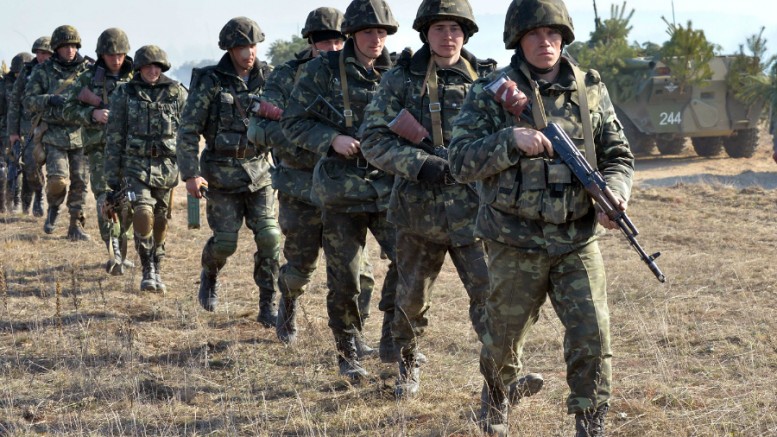(NationalSecurity.news) Whomever becomes the next president of the United States will have to deal with the most serious challenge from an resurgent Russia since the days of the Cold War, as the latter is “increasingly an angry, nationalist, elective monarchy,” reports The National Interest.
Though Russia still deals with the U.S. and its allies economically, Russian leaders tend to always assume the worst about Western and U.S. intentions, while viewing the U.S. as the “main enemy.”
As TNI noted, a recent poll found that nearly three-quarters of Russians consider the United States as being more hostile to them than any other nation. What’s more, Moscow has been spending more on modernizing its military, despite a hugely ailing economy driven down in large part by slumping oil prices.
At the same the Russian government under President Vladimir Putin is tightening domestic political and police controls it is seeking new alliances – with China and others – as a means of balancing pressures from the U.S. and its allies, TNI reported.
The web site noted further:
It is important not to oversimplify this situation. It is not a reenactment of the Cold War; history rarely repeats itself so precisely. Vladimir Putin’s Russia is not a superpower and its top officials are realistic about their country’s military, geopolitical and economic limitations. Russia does not have a universal ideology predicated on the West as an enemy. In fact, Putin and his associates regularly profess interest in resuming cooperation with the United States and its allies—on terms acceptable to the Kremlin. The Russian government is eager to obtain foreign investment and access to Western technology, which requires normalcy in relations with the West.
Moreover, it is not certain how Putin and his allies in government would respond if the U.S. and its partners would begin to reshape policy towards Russia by defining their interests more narrowly, not being so categorical regarding Russian domestic policies and, where it is possible, even cooperating with Russia. “All that can be said at this point,” TNI noted,” is that Russia’s trajectory is alarming but probably not yet irreversible.”
Read the full story here.
More:
- Syria Conflict Shows Russian Military Is Getting Better – And NATO Is Reacting
- Russia, China Preparing Space Attacks On U.S. Satellites
- The Pentagon Is Developing Cyber Weapons That Are Extremely Lethal
NationalSecurity.news is part of the USA Features Media network. Get caught up on ALL of the day’s most important news and information here.



